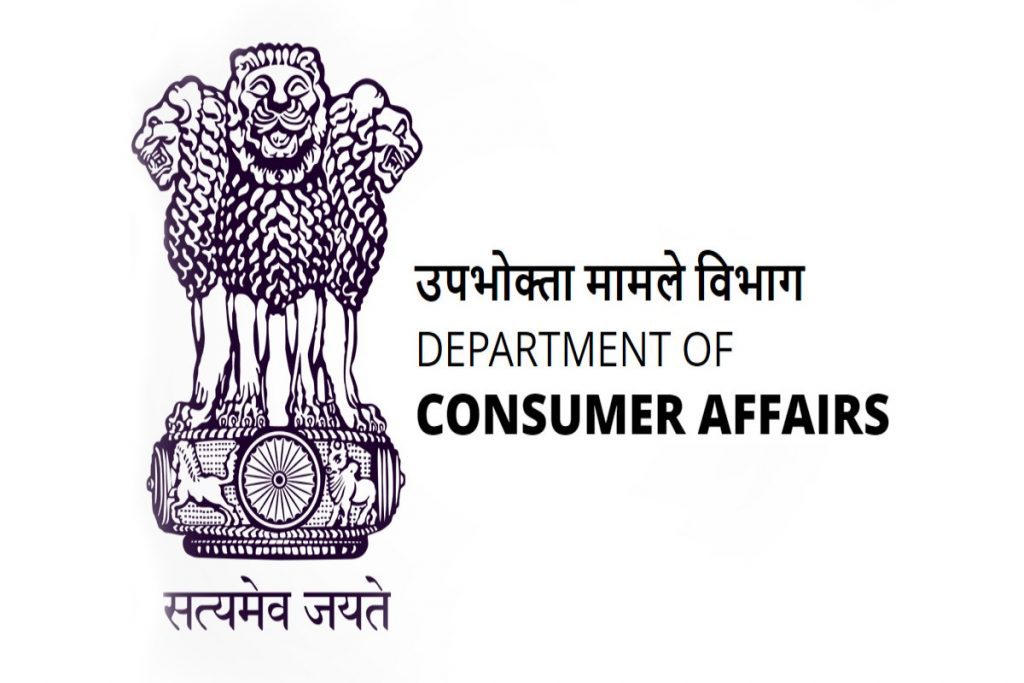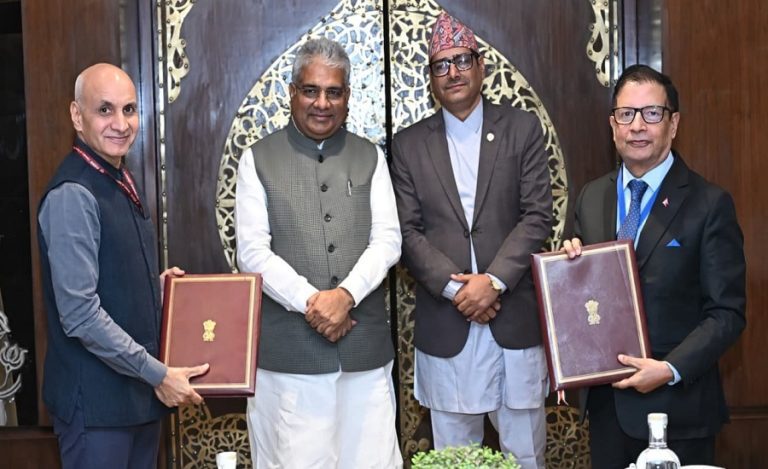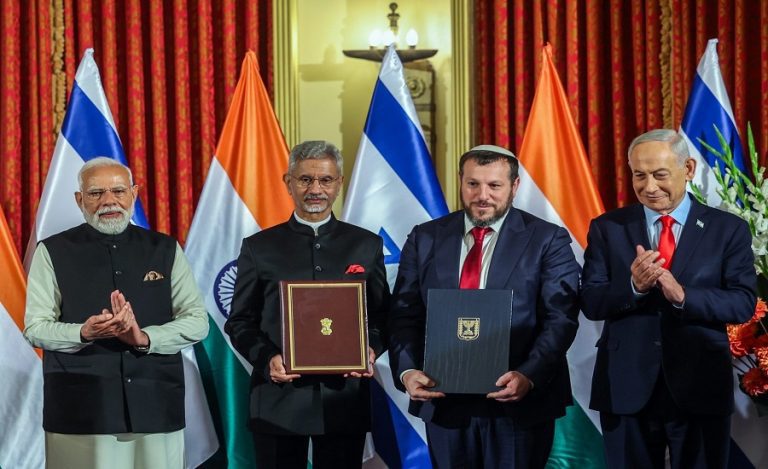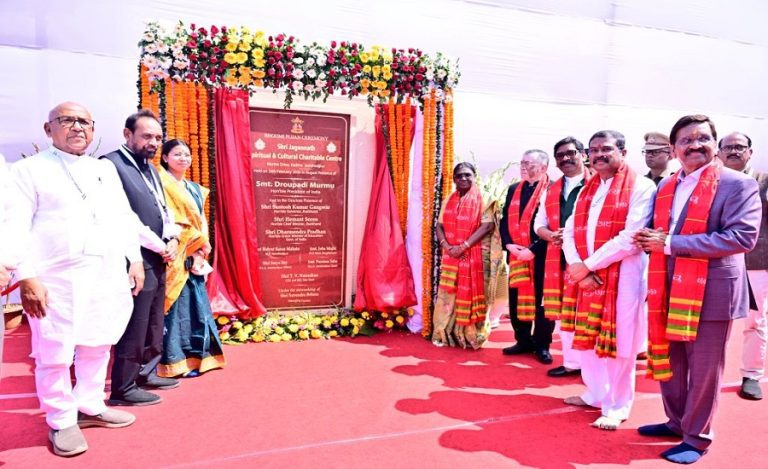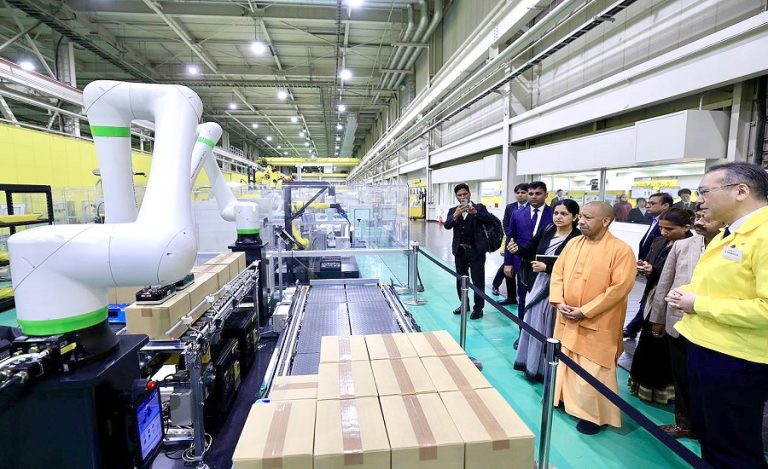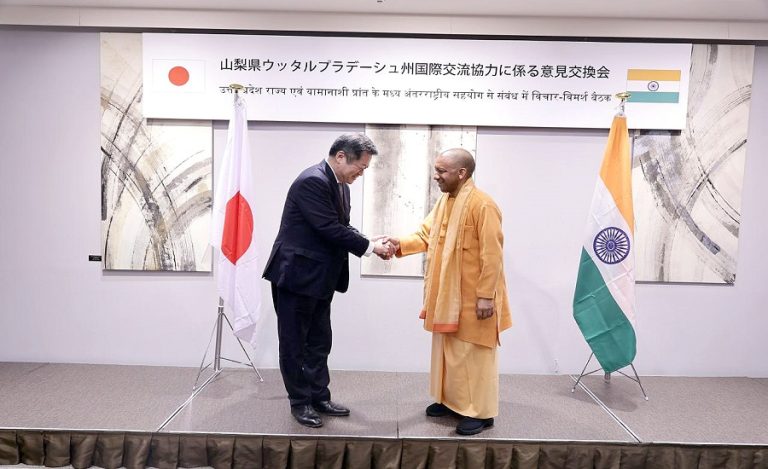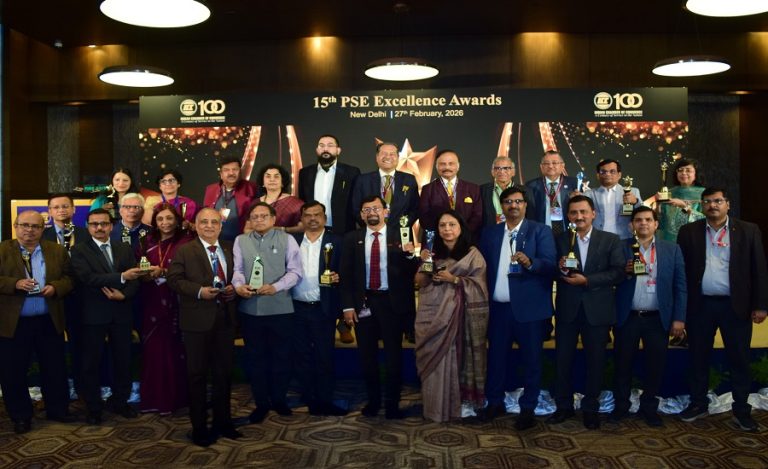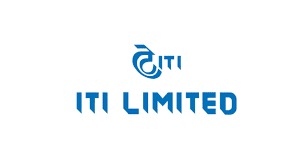The Department of Consumer Affairs hosted a stakeholder consultation on safeguarding consumer interests from fraudulent online reviews. The meeting was chaired by Mrs. Nidhi Khare, Secretary of the Department of Consumer Affairs.
There has been a significant increase in consumer complaints related to e-commerce, as reported by the National Consumer Helpline (NCH). Complaints have surged from 95,270 in 2018, accounting for 22% of all grievances, to 444,034 in 2023, which now represent 43% of the total.
In the realm of e-commerce, consumers rely heavily on online reviews for insights, since they cannot physically examine products. These reviews, which act as social proof, play a crucial role in building confidence among potential buyers about the products or services they consider purchasing.
However, the credibility of shopping platforms is severely compromised by the prevalence of fake reviews, leading consumers to make misguided purchasing decisions.
In response to these challenges, the Department introduced the Indian Standard (IS) 19000:2022 in November 2022, titled ‘Online Consumer Reviews — Principles and Requirements for their Collection, Moderation, and Publication.’ This standard emphasizes principles such as integrity, accuracy, privacy, security, transparency, accessibility, and responsiveness.
According to the standard, specific duties are assigned to both the author and the administrator of reviews. It requires organizations to verify the identity of review authors through designated methods and to develop a written code of practice. This code, which must be communicated to and accessible by all management and staff, outlines the procedures for adhering to and upholding the document and its guiding principles.
The essential requirements provided under the draft Quality Control Order (QCO) include that the processes for collecting, moderating and publishing online consumer reviews shall be done in a manner ensuring that the reviews that are genuine get published.
The prohibitions under the proposed QCO include –
The organisation shall not publish consumer reviews online collected with a bias objective and prejudice.
The organisation shall not edit reviews to alter their message.
The organisation shall not prevent or discourage people from submitting negative reviews.
Organizations are required to implement an appropriate mechanism for collection, moderation and publication of online consumer reviews in compliance with the principles and requirements specified in Indian Standard IS 19000:2022.
The discussion on moving towards a Quality Control Order for IS 19000:2022 was welcomed by stakeholders and there was a general consensus among all stakeholders that the issue of fake reviews is important to protect consumer interest while shopping online, and requires to be closely monitored. The Draft Quality Control Order will be placed for public consultation for submitting comments within a prescribed time frame.
Representatives from major online platforms (such as Google, Meta, Amazon, Flipkart etc.), industry bodies, voluntary consumer associations including MGP and noted consumer activist Pushpa Girimji and law chairs and law firms were present during the meeting. A presentation by the Department of Consumer Affairs, emphasizing on growth in online shopping over the recent times and the rising number of consumer grievances registered in the e-commerce sector on the National Consumer Helpline (NCH) was also made during the meeting.

